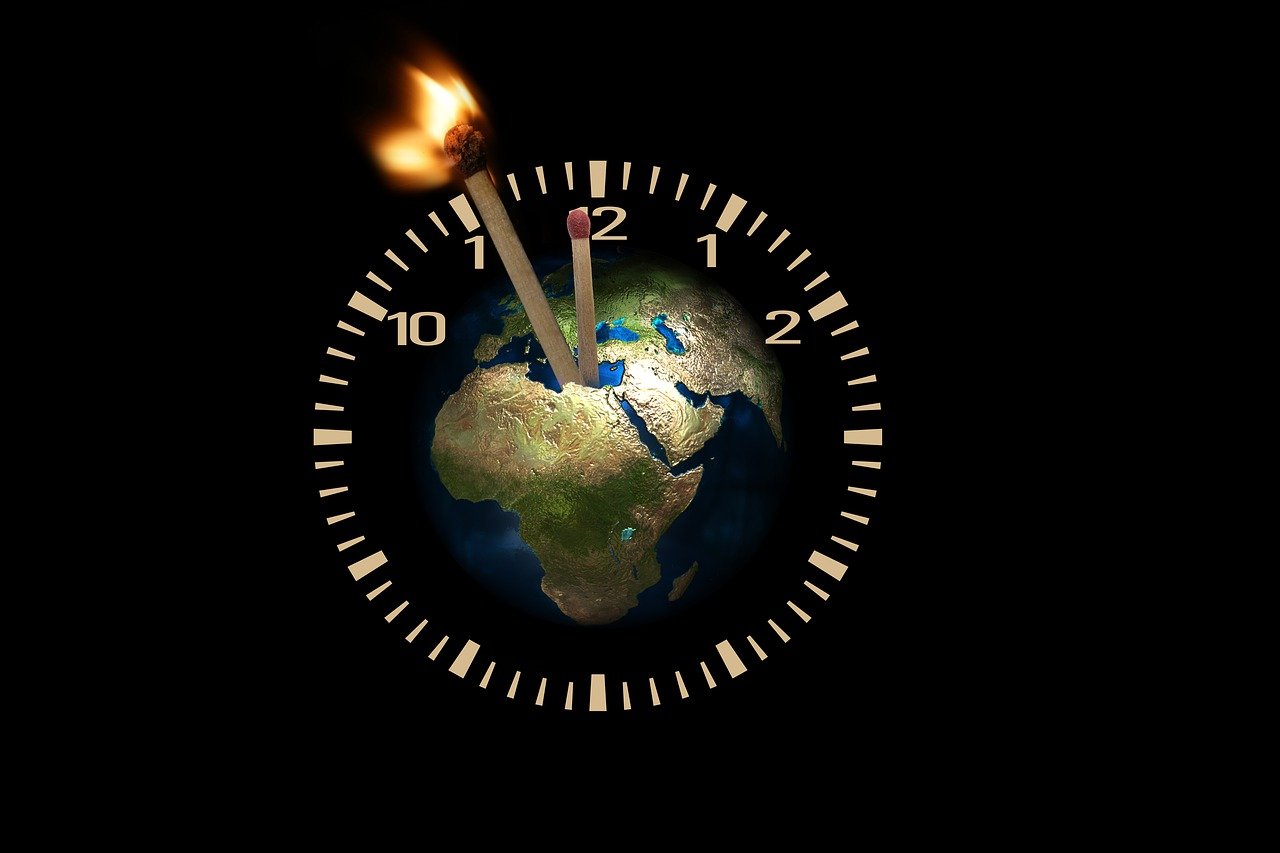New York, 15 July 2024
Eight critical global shifts are accelerating a triple planetary crisis of climate change, nature loss, pollution and waste, according to the new Global Foresight Report produced by the UN Environment Programme (UNEP) and the International Science Council (ISC) released on Monday.
“The rapid rate of change, uncertainty and technological developments we’re seeing, against a backdrop of geopolitical turbulence, means any country can be thrown off course more easily and more often,” said UNEP Executive Director Inger Andersen.
The shifts include humanity’s degradation of the natural world, the rapid development of technologies such as AI, competition for natural resources, widening inequalities and declining trust in institutions.
Together, they are creating a so-called polycrisis in which global crises are amplifying and synchronizing – with huge implications for human and planetary wellbeing.
Signals of change
Alongside the eight shifts the report identifies 18 signals of change. These signals – identified by hundreds of global experts through regional and stakeholder consultations that included youth – offer a deeper glimpse into potential disruptions, both positive and negative, that the world must prepare for.
Among them is growing demand for critical rare earth elements, minerals and metals, increasing calls for deep sea mining and beyond the stratosphere – space mining.
This poses potential threats to nature and biodiversity, could increase pollution and waste, and spark more conflicts.
The thawing of permafrost due to a warming climate, has also resulted in major environmental, animal and human impacts, due to the release of ancient organisms that may be pathogenic. It has already led to an outbreak of anthrax, a serious infectious disease caused by bacteria, in Russia’s vast Siberia region.
The rise of armed conflict and violence, alongside the human health and environmental impacts of forced displacement, are also identified in the report as key signals of change that must be anticipated.
Importance of foresight
Despite these emerging crises, the report also finds that adopting better foresight tools will be the best way to help the world anticipate future disruptions.
“Foresight provides a useful set of tools to step outside of short-termism to help identify future opportunities and risks provided that it is done in a truly pluralistic manner,” said Peter Gluckman, President of the ISC.
To ensure this pluralistic approach, the report recommends adopting a new social contract that engages a diverse range of stakeholders, including indigenous people, giving young people a stronger voice, and rethinking measures of progress to go beyond GDP.
“As the impacts of multiple crises intensify, now is the time to get ahead of the curve and protect ourselves from emerging challenges,” said UNEP Executive Director Inger Andersen.
“By monitoring signals of change and using the foresight approach, the world can avoid repeating mistakes of the past and focus on solutions that can withstand future disruption,” she added.
Source – United Nations / UNEP
A global foresight report on planetary health and human wellbeing
To help navigate current and future uncertainty and disruptive change, while effectively delivering on its mandate, UNEP has been implementing an institutionalized approach to strategic foresight and horizon scanning with the view to developing an anticipatory and future-oriented culture.
This mirrors the growing interest and demand for foresight that is also reinforced by the United Nations reform agenda and the Secretary-General’s report on ‘Our Common Agenda’, which calls for all UN agencies, as well as all UN member states, to engage foresight practices more deeply and apply the derived insights to address global systemic risks.
This process has culminated in the development of the present report “Navigating New Horizons – A Global Foresight Report on Planetary Health and Human Wellbeing”, produced by UNEP in collaboration with the International Science Council. The report calls for the world to pay heed and respond to a range of emerging challenges that could disrupt planetary health and wellbeing. It presents insights on eight critical global shifts that are accelerating the triple planetary crisis of climate change, biodiversity and nature loss and pollution and waste.
Eighteen signals of change – identified by hundreds of global experts and distilled through regional and stakeholder consultations that included youth – offer a glimpse into potential disruptions, both positive and negative, that the world needs to keep a watching brief on. The report outlines how to create an enabling environment for better decision-making by creating a new social contract, embracing agile and adaptive governance, and increasing integrated accessible data and knowledge.
The report offers a stark reminder of the interconnectedness and fragility of our systems in the 21st Century and warns that prioritizing short-term gains over anticipatory action and preparedness jeopardizes long-term prosperity and planetary health. However, it also points to the tremendous potential and human ingenuity that can be leveraged in the spirit of discovery and cooperation to deliver solutions across the triple crisis.
The outcomes of the report will be integrated into UNEP’s strategic planning, potentially influencing the next UNEP MTS, presenting an opportunity to consider expanding programmes in areas like artificial intelligence, new technology, and robotics in agriculture, prompting discussions on the level of engagement in these issues. This will ultimately serve UNEP in adopting a proactive posture and modernize tools for efficiency and cost savings.
Furthermore, the report will serve as UNEPs contribution to the Summit of the Future. While it is not expected to substantively influence the Summit of the Future as such, it will serve to provide inputs into the preparatory discussions and events, including the High-level Political Forum, in the lead-up to the Summit of the Future as they relate to environmental dimensions.
Source – UNEP

